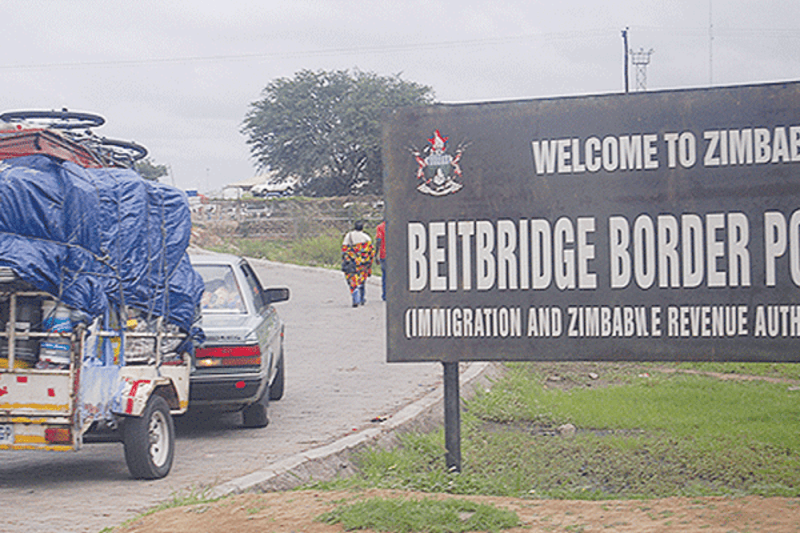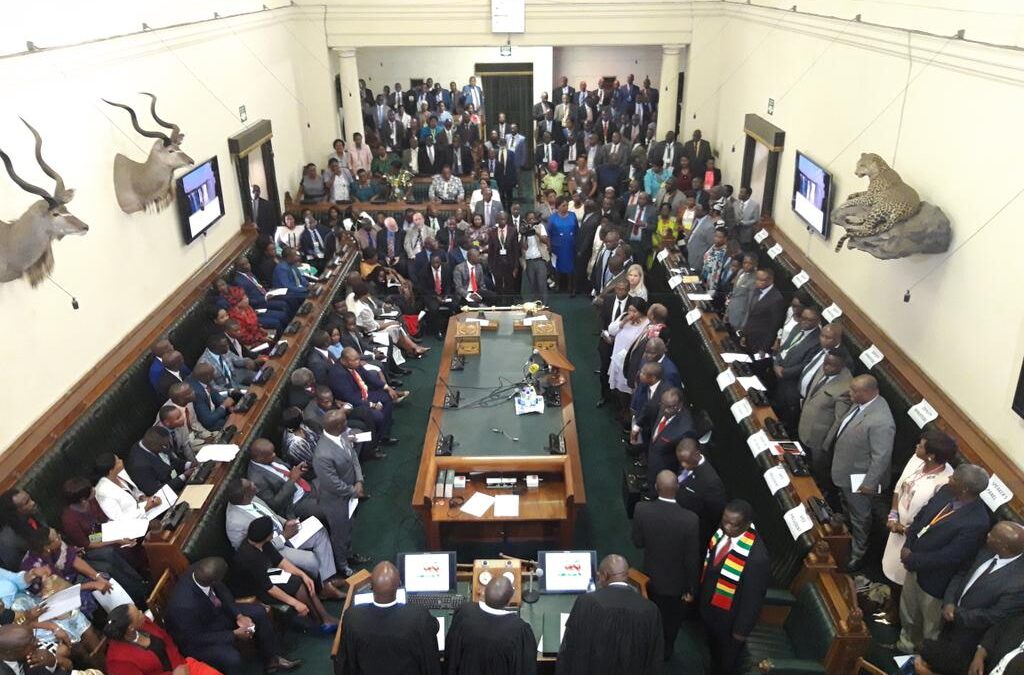Tafadzwa Nyikadzino
Zimbabwe is at a high risk of receiving a big surge of new Covid 19 infections and the new coronavirus variant which scientists have traced its roots to South Africa following the influx of returning Zimbabwean citizens from the country for Christmas celebrations.
The Guardian yesterday reported that South African scientists have descovered a new variant of Covid-19 which is likely to be more transmissible, and may hit young people harder. They also said the new varient known as 501Y.V2 may be slightly more resistant to vaccines.
Reports are also saying that the more numerous individual mutations of the South African variant may make it able to “re-infect” individuals who have already caught the virus and recovered.
The new varient which has spread to European countries like the United Kingdom where 2 cases have already been reported is likely going to spread massively in Zimbabwe as the country is receiving thousands of its citizens from South Africa.
South Africa already has the highest number of Covid 19 cases in Africa, with the latest statistics revealing that the country now has recorded over 954 000 cases and 25 000 deaths.
Zimbabwean citizens who are returning home from South Africa are likely going to bring the virus together with its new variation into the country.
Although the government has given assurances that it would not allow anyone to enter into the country without Covid 19 test results, there have been alarming reports that hundreds of citizens are using fake covid 19 certificates at Beitbridge boarder post to enter the country.
There are also hundreds who are crossing into the country through the Limpopo river, and other unconventional means. These people may be carriers of the virus who may lead to its massive spreading in the country.
Countries like the United Kingdom have now introduced restrictions on passengers travelling from South Africa to avoid the new coronavirus variation from spreading in the country, a development which is likely going to be followed by several countries in Europe.
As a country that is receiving a huge influx of people who are coming from the most infected country in Africa, the authorities have to ensure that there is strict adherence to Covid 19 preventive measure to avoid a potential health hazard.
Meanwhile, the ADHOC Inter-Ministerial taskforce on Covid 19 announced a number of measures it has put in place to alliviate the problem at Beitbridge border post, and urged citizens to follow preventive measures as they celebrate Christmas.
“Today, 24 December 2020, the National Taskforce on COVID-19 received and deliberated on reports regarding the situation at our border posts from Minister of Transport and Infrastructure Development, Honorable Dr JB Matiza and the Minister of Home Affairs and Cultural Heritage, Honorable Engineer Kazembe Kazembe.
“The public is therefore advised of the following measures which are being implemented with immediate effect:
(i) That all persons traveling in or out or transiting through Zimbabwe should possess a valid PCR negative COVID-19 certificate from certified local and international laboratories. In this regard:,
• Any returnee without the required PCR certificate will be put under mandatory quarantine. All foreigners who do not present valid PRC negative COVID-19 certificates will be denied entry into the country, and all persons who wish to travel outside the country should not present themselves at ports of entry and exit without the requisite PCR certificates.
“That decongestion measures are being implemented to create safe zones in our border areas. These measures will include the setting up of check points prior to arrival at the border posts. Law enforcement agents shall inspect and ensure that all travellers proceeding to our borders have valid PCR negative certificates and other travel documents.
“Those without the requisite documentation will not be allowed to procced.
“To ensure that travellers do not fall prey to conmen and for ease of reference, a list of certified laboratories is being shared nationally, regionally and internationally,” reads the statement.





0 Comments